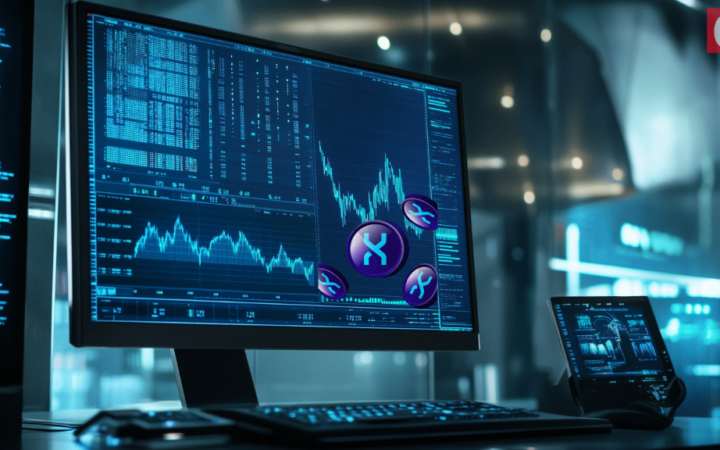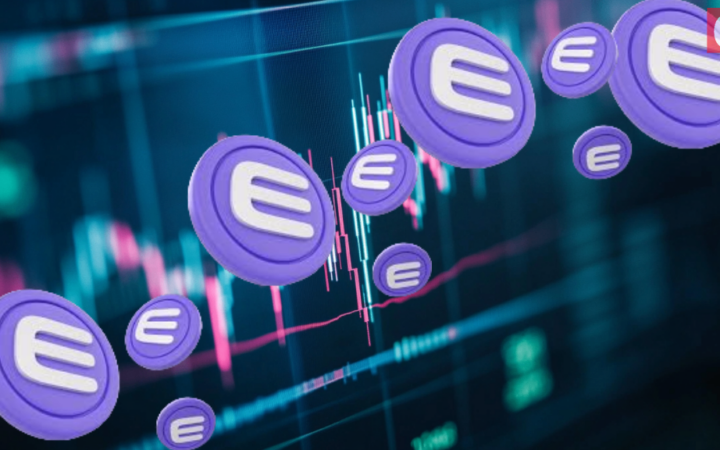
Crypto-Assets and the Digital Euro Take Center Stage at the Crypto Asset Lab Conference
Milan /CAL2025/ – The University of Milano-Bicocca hosted CAL2025, the fifth edition of the Crypto Asset Lab Conference, on January 16 and 17. As the premier academic event dedicated to crypto-assets and Central Bank Digital Currencies (CBDCs), the conference brought together over 100 experts, including academics, economists, regulators, and industry professionals, from more than 20 universities and international institutions.
Organized by the European Commission and the Crypto Asset Lab — a joint research initiative of the University of Milano-Bicocca and the Digital Gold Institute — the conference explored the challenges and opportunities within the evolving crypto ecosystem. Attendees were presented with cutting-edge research on topics such as Bitcoin, the token economy, stablecoins, and CBDCs.
The Future of the Digital Euro
Piero Cipollone of the European Central Bank detailed the progress of the digital euro project, stating:
“In a rapidly changing world, Europe cannot afford to stand still. Without integrating central bank money into the digital landscape, we risk limiting Europe’s competitiveness, resilience, and strategic autonomy. The digital euro could advance the single market for payment services, enabling private providers to enhance global outreach, diversify their offerings, and improve cost efficiency and competitiveness on the international stage.”
The Role of Education and Regulatory Frontiers
Pasquale Munafò (Consob and IOSCO) emphasized the importance of investor protection, highlighting the need to adapt financial education to the digital age. Meanwhile, Yuliya Guseva (Rutgers University) proposed an innovative framework for regulating decentralized finance (DeFi), a sector that currently faces limited oversight due to the complexity of assigning clear responsibilities.
The State of the Crypto Market
The conference also unveiled the 2025 Crypto Asset Lab Report, developed in collaboration with the Fintech District. This report offers a comprehensive analysis of the crypto market’s evolution and trends. Ferdinando Ametrano, Scientific Director of the Digital Gold Institute and CEO of CheckSig, summarized:
“In 2024, Bitcoin achieved significant milestones, including the approval of ETFs and surpassing the symbolic $100,000 mark. With decreasing volatility and its low correlation with other asset classes, Bitcoin has become a driving force for the entire crypto sector. This momentum was bolstered by the Trump administration’s support and the implementation of the European MiCA regulation.”
Industry Perspectives
An industry panel moderated by Simone Cortese (University of West London) focused on the current state of the crypto ecosystem. Panelists included Filippo Annunziata (Bocconi University), Mico Curatolo (Banca Sella), Chiara Padua (Fintech District), Blake Heiman (WisdomTree), and Daniele Bernardi (Diaman Partners). Discussions underscored the need for clear, lightweight, yet effective regulations and stressed the importance of fostering dialogue among stakeholders to seize growth opportunities while minimizing risks.
Interdisciplinary Academic Research
The conference featured presentations addressing critical crypto topics from legal, economic, and financial perspectives. Paola Bongini, Professor of Banking and Finance at the University of Milano-Bicocca, remarked:
“The crypto sector continues to captivate the scientific community. The presented research ranged from theoretical analyses to empirical studies, fostering constructive dialogue among academia, industry, and regulators.”
Looking Ahead to CAL2026
Sponsored by CheckSig, WisdomTree, and Diaman Partners, the conference is part of the Crypto Asset Lab’s ongoing efforts to monitor developments in the crypto world. With research progressing steadily, the next edition, CAL2026, is scheduled for January 2026.
About the Crypto Asset Lab and Its Annual Conference
The Crypto Asset Lab (CAL) Conference is an international academic event dedicated to the theme of “Investments, Economics, and Regulation of Bitcoin, Crypto-Assets, and CBDCs.” Jointly organized by the Digital Gold Institute, the University of Milano-Bicocca, and the European Commission’s Joint Research Centre (JRC), it serves as Europe’s premier forum for the analysis and discussion of digital assets. The 2025 edition was part of the European projects MUSA and DeTOKoDE initiatives.




